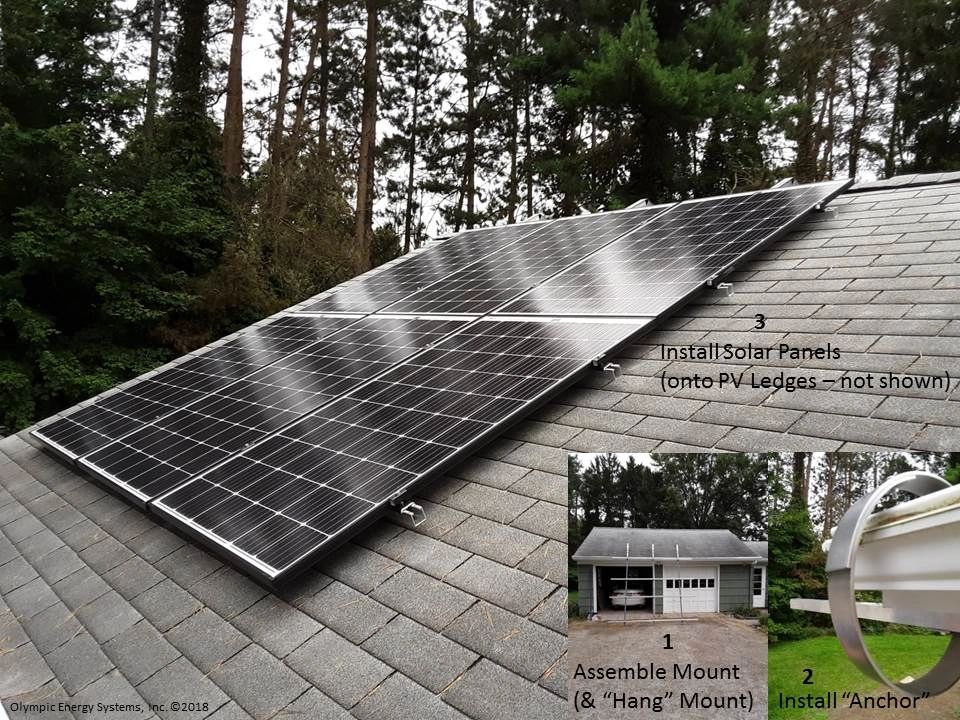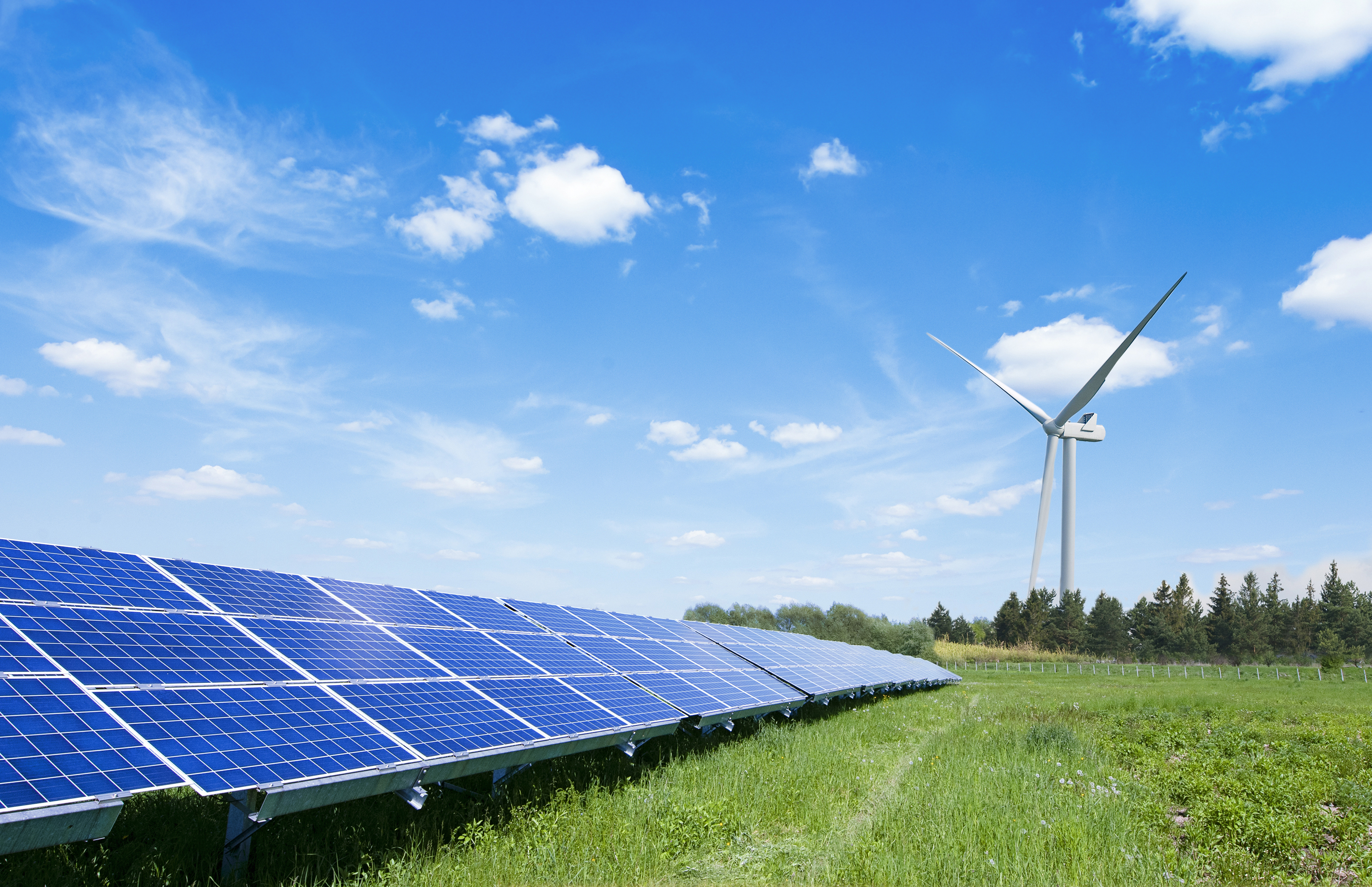
Greening Grids: The Rise of Low-Impact Power Systems
The global shift towards sustainability has given rise to the increasing adoption of low-impact power systems. This article explores the key characteristics, benefits, and the growing significance of these systems in the broader context of sustainable energy.
Defining Low-Impact Power Systems
Low-impact power systems are revolutionary in their approach to energy generation. These systems aim to minimize their environmental footprint throughout their life cycle, from installation to decommissioning. Embracing renewable resources such as solar, wind, hydropower, and geothermal energy, low-impact systems prioritize eco-friendly practices.
Solar Power: A Beacon of Sustainability
Among the pioneers of low-impact energy, solar power has emerged as a beacon of sustainability. Solar panels harness energy from the sun, converting it into electricity without emitting harmful pollutants. The versatility of solar installations, from large-scale solar farms to residential rooftop panels, makes solar power a scalable and accessible solution.
Wind Energy: Harnessing Nature’s Force
Wind energy systems, utilizing the kinetic energy of the wind to generate power, are at the forefront of low-impact technologies. Wind turbines, whether on land or offshore, are iconic symbols of sustainability. As advancements continue, the efficiency and environmental friendliness of wind energy make it a cornerstone in the transition towards greener grids.
Hydropower: Tapping into Flowing Energy
Hydropower, a classic renewable energy source, taps into the gravitational force of flowing water to produce electricity. While large-scale dams have raised environmental concerns, ongoing innovations focus on smaller, more sustainable hydropower solutions. Run-of-river and tidal energy projects showcase the evolving landscape of low-impact hydropower.
Geothermal Energy: Earth’s Subsurface Heat
Geothermal energy systems delve into the Earth’s subsurface to tap into its natural heat reservoirs. By utilizing steam or hot water from geothermal reservoirs, power plants generate electricity with minimal emissions. As technology advances, geothermal energy is becoming an integral part of the low-impact power mix, offering a continuous and reliable source of clean energy.
Economic, Social, and Environmental Benefits
The adoption of low-impact power systems brings forth a triad of benefits – economic, social, and environmental. Reduced greenhouse gas emissions and air pollution contribute to a healthier planet. Simultaneously, the growth of the renewable energy sector creates jobs, stimulates economic development, and enhances energy security.
Challenges and Solutions in Low-Impact Power
While low-impact power systems hold immense promise, challenges persist. Intermittency issues with solar and wind energy, environmental impacts of large-scale projects, and initial costs are considerations. However, ongoing research and development, coupled with advancements in energy storage technologies, are addressing these challenges.
Technological Innovations Driving Change
Technological innovations play a pivotal role in advancing low-impact power systems. Breakthroughs in energy storage, smart grid technologies, and materials science contribute to increasing efficiency and overcoming limitations. These innovations position low-impact systems as reliable and competitive alternatives to traditional power sources.
Community Engagement: A Catalyst for Change
The success of low-impact power systems is intertwined with community engagement. Educating communities about the benefits of renewable energy, involving them in decision-making processes, and addressing concerns are crucial. A collaborative approach fosters a sense of ownership and support for the transition towards a greener and more sustainable energy landscape.
Low-Impact Power Systems: Paving the Way Forward
In conclusion, the rise of low-impact power systems marks a significant stride towards a sustainable future. The fusion of innovation, community engagement, and the prioritization of eco-friendly practices positions these systems as pioneers in the global quest for cleaner energy. To explore further insights into the realm of low-impact power systems, visit dataharza.my.id. It’s time to embrace the transformation and pave the way forward to a greener, more sustainable world.


